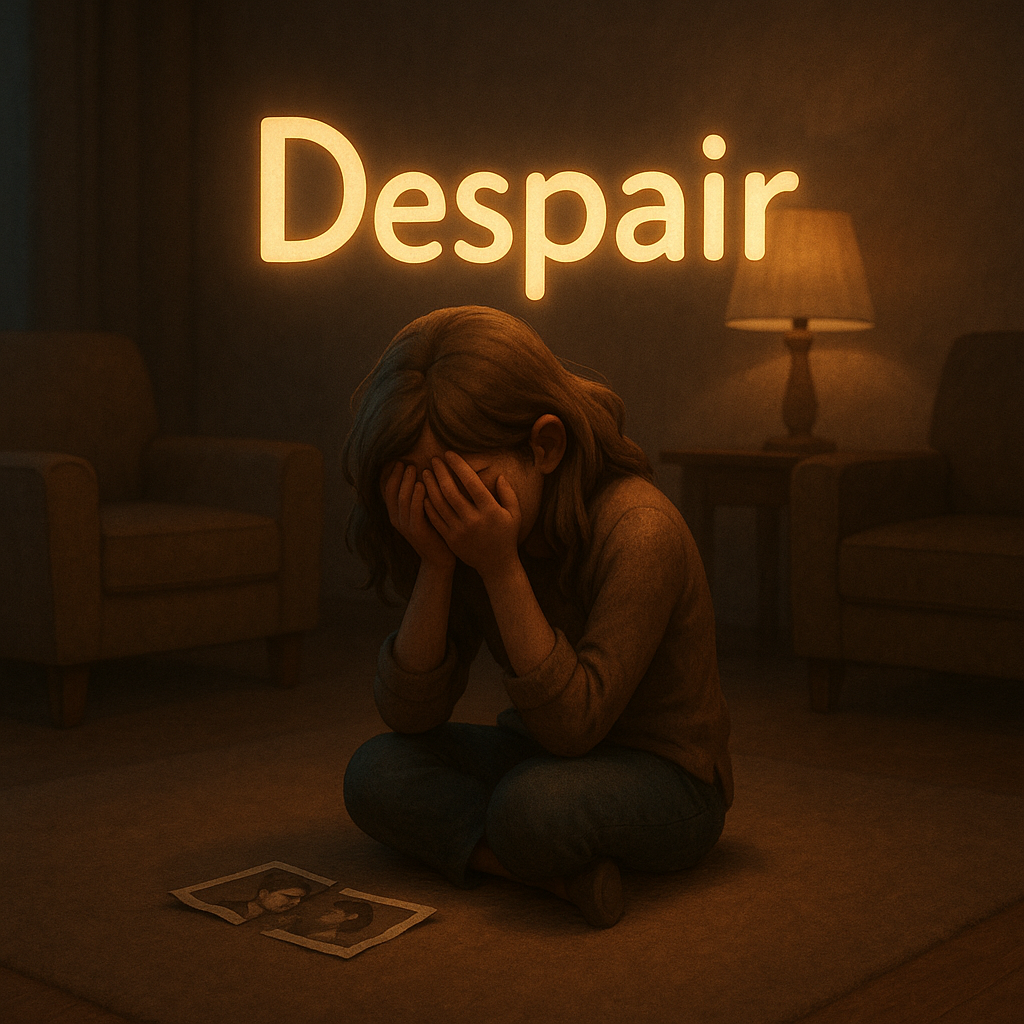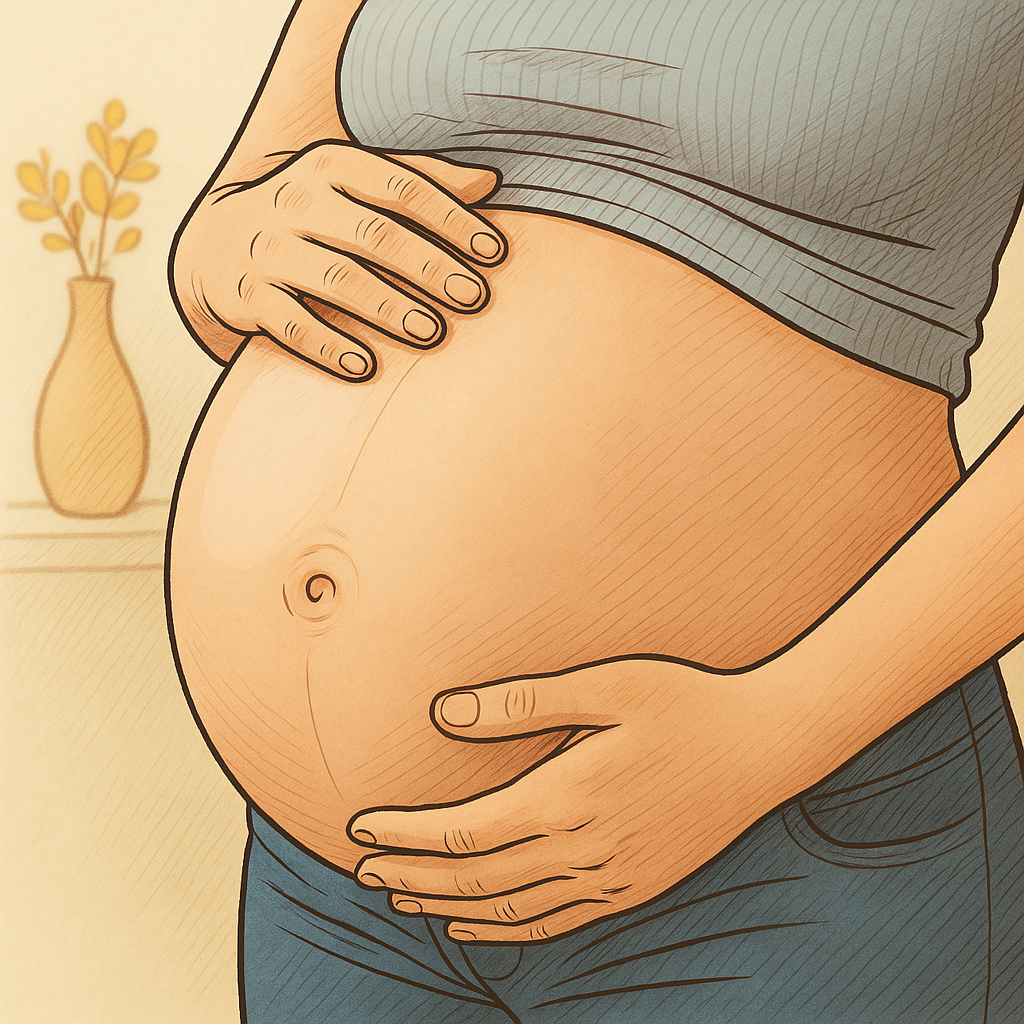Despair
Definition
Despair can function as a noun meaning the complete loss or absence of hope; as a verb, it means to lose all hope or to give oneself up to hopelessness.
Parts of Speech
- Noun
- Verb (intransitive)
Pronunciation
American English
- IPA: /dɪˈspɛər/
- Respelling: di-SPAIR
British English
- IPA: /dɪˈspɛə/
- Respelling: di-SPAIR-uh
Etymology
Middle English: from Old French desperer, from Latin dēspērāre ‘to give up hope,’ from dē- ‘without’ + spērāre ‘to hope.’
Derivatives
- despaired (verb past)
- despairing (adjective; verb gerund)
- despairingly (adverb)
- despairer (noun)
Synonyms
- hopelessness
- despondency
- gloom
- anguish
- misery
Antonyms
- hope
- optimism
- confidence
- encouragement
- faith
Usage
Noun: The noun "despair" is used to describe an overwhelming sense of hopelessness. For example, "She sank into despair when her application was rejected," or "The news left him in utter despair."
Verb: As a verb, "to despair" means to lose hope or to feel that all is lost. For example, "He despaired of ever finding his way home," or "They refused to despair even in the darkest hour."
Related Terms
- Hope: A feeling of expectation and desire for a certain thing to happen.
- Optimism: Hopefulness and confidence about the future.
- Despondency: A state of low spirits caused by loss of hope.
- Resignation: Acceptance of something undesirable but inevitable.
- Anguish: Severe mental or physical pain or suffering.
Detailed Definitions
Noun
- The complete loss or absence of hope – a profound state of hopelessness or misery.
- Example: "After months of fruitless searches, their despair grew unbearable."
Verb
- To lose all hope; to become despondent – to give oneself up to feelings of futility.
- Example: "When the rescue never came, they despaired of survival."
- To cease to believe or trust – to abandon hope of something occurring.
- Example: "She despaired of reconciliation after the final argument."
despair








